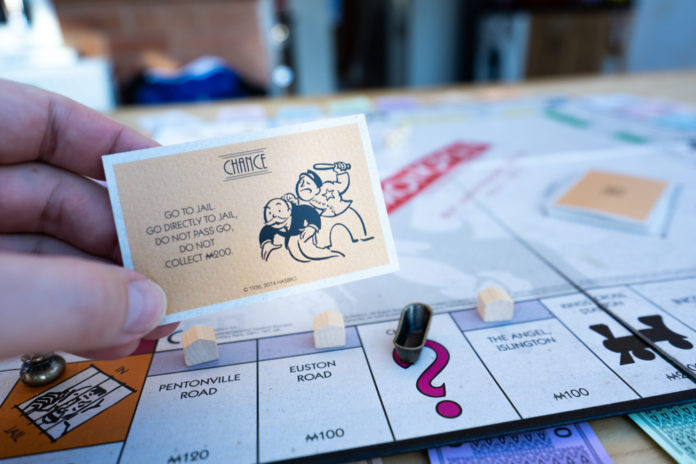Protest challenging agency’s decision to cancel the solicitation in response to a PIA violation is sustained. The agency disclosed information in the protester’s proposal to a competitor. To remedy this disclosure, the agency cancelled the solicitation. The protester argued that instead of cancelling the solicitation, the agency should have disqualified the offeror that received the sensitive information. The court agreed with the protester. The court found that the disclosure of the information was an unequivocal violation of the Procurement Integrity Act. The court reasoned that in deciding to merely cancel the solicitation, the agency had only considered the interests of the recipient of the information, and not what was fair to the protester, the actual victim of the disclosure. The court concluded that disqualification of the offeror that received the proposal information was the only remedy that could properly address the disclosure.
For several years, SAGAM Securite Senegal provided guard services to the U.S. embassy in Senegal. In 2019, the Department of State issued a solicitation for the continuation of those services. Three offerors, including SAGAM and Torres-SAS Security LLC, submitted proposals. The agency established a competitive range with SAGAM and Torres and held discussions.
But one of the agency’s discussions letters to Torres disclosed information from SAGAM’s proposal concerning SAGAM’s approach to complying with local labor laws in Senegal. The State Department recognized that the disclosure was likely a violation of the Procurement Integrity Act. The agency announced that it would cancel the solicitation.
SAGAM filed a protest with the Court of Federal Claims, challenging the cancellation decision. SAGAM argued that instead of cancelling the solicitation, the State Department should have disqualified Torres.
The court found at the outset that the disclosure of SAGAM’s proposal information was a violation of the PIA. The PIA prohibits the disclosure of one bidder’s proposal features to a competing bidder. The information Torres received was competitively useful: it was essential to SAGAM’s compensation plan and linked to specific aspects of contract performance. Indeed, in addition to the PIA, the court found that the disclosure violated multiple fundamental fairness provisions in the FAR—e.g., FAR 1.102-2 requiring that all offerors be treated fairly and impartially.
Having found a PIA violation, the court turned to the appropriate remedy. The government alleged that cancellation of the solicitation was sufficient. But the court found that the government mustered little support for the decision to cancel; in fact, the court noted the government’s briefs were devoid of any substantive argument as to the reasonableness of the cancellation. Essentially, the government argued that it was unfair to disqualify Torres because the company had done nothing wrong and only inadvertently received the disclosure. The court, however, reasoned that the government failed to consider fairness to SAGAM, the victim of the disclosure.
The government contended that its corrective action—cancellation—only had to have a rational basis. Basically, the government believed that cancellation was warranted because it was rationally related to the disclosure.
But the court found that the government’s argument misapprehended the nature of the rational basis. If the government were correct, then any corrective action related to any procurement defect would be a reasonable corrective action. While the rational basis standard is deferential, it does not give the government carte blanche.
The court opined that while it seemed like a severe sanction, disqualification of Torres was the only remedy that could reasonably address the PIA violation. Torres had been given an unfair advantage. Disqualification was the only tool that could level the playing the field.
The court next considered whether SAGAM was entitled to injunctive relief. SAGAM had satisfied the first of in the injunctive relief factors: it had succeeded on the merits of its protest. The court also found that SAGAM would suffer irreparable injury in the absence of injunctive relief. The company’s proposal information had been disclosed to its sole rival, which would subject SAGAM to an unfair bidding process, and potentially, the inability to secure a contract.
The court also found that the balance of hardships favored SAGAM. The government claimed that the disqualification of Torres would make the procurement more expensive and could lead to additional protests. The court reasoned that it was important to note that the government was responsible for the hardship it now faces. In balancing the hardships, the court could not ignore that the government’s hardships were largely self-inflicted while SAGAM’s were the product of the agency’s failure to conduct a fair procurement.
As to the public interest prong of the procurement factors, the court found that the public had an interest in treating prospective contractor’s fairly. Thus, the public interest weighed in favor of injunctive relief.
The court permanently enjoined Torres from competing for the contract
SAGAM is represented by Thomas A. Coulter. The government is represented by James W .Poirier of the Department of Justice.




